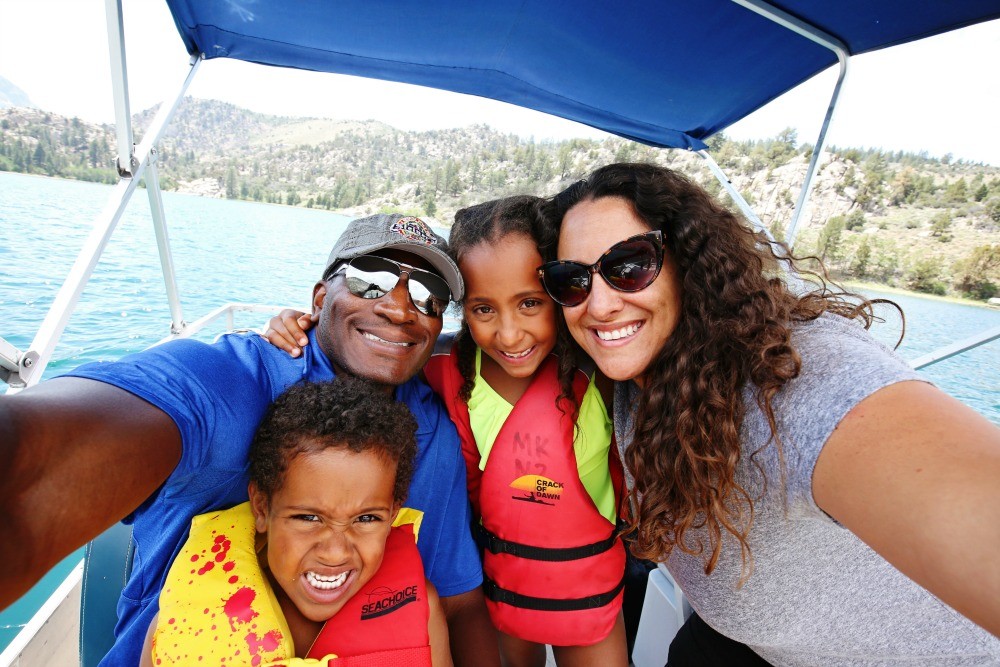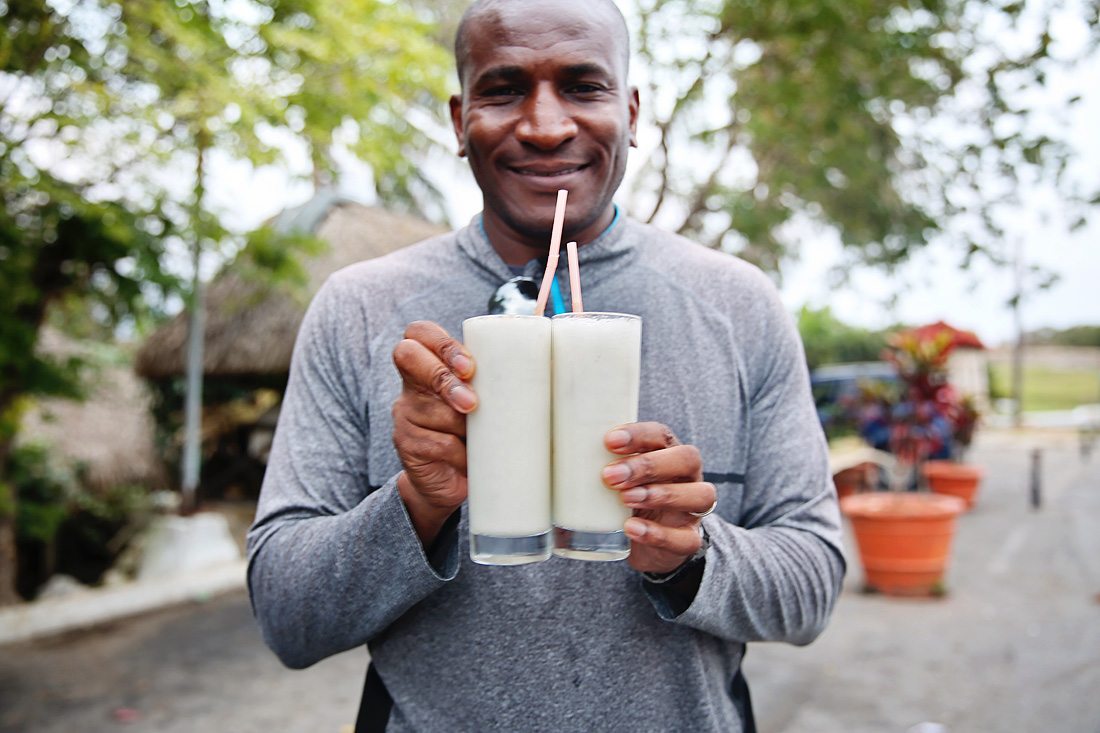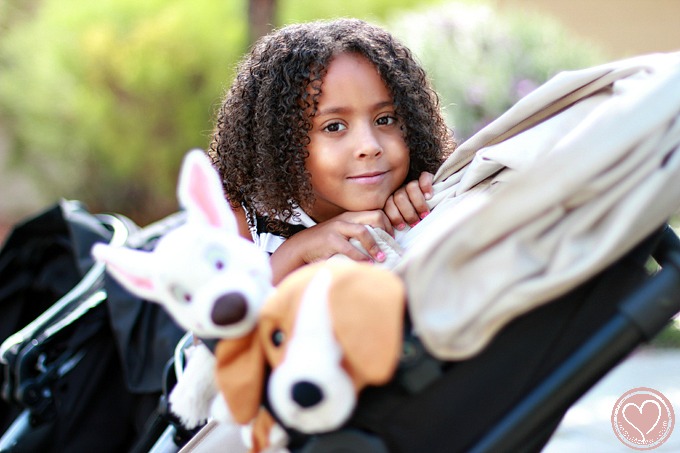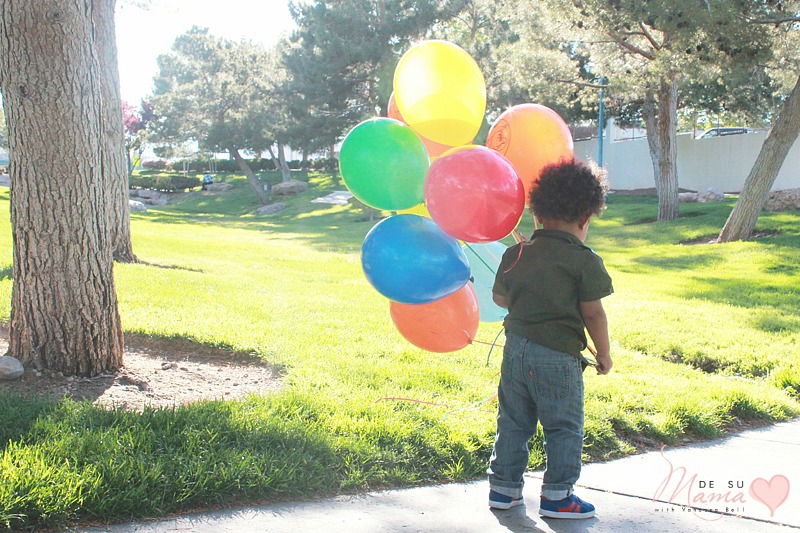I’m a #TalkEarly blogger. That means I learn about the importance of talking early and often with our kids about alcohol and share that knowledge with you. My friends at Responsibilty.org asked me to think of my life choices on alcohol consumption – What did you think about alcohol as a kid? When did you start drinking? Was it the right choice? Would you change any of those choices? – and how those life decisions impact my parenting. Specifically, I was asked to write about the safety-based rules we establish (or plan to enforce) in relation to our kids and their exposure to alcohol.
Now that we’ve got that out of the way, let’s get to the point: do you let your kids try/sip alcohol? How do you manage their interest/questions about alcohol? Especially with the holiday season approaching, does your extended family know your stance on the topic? Before we start judging each other or feeling guilty/defensive about our decisions, let’s play a little game….
Read the 3 scenarios below and ask yourself which scenario prepares kids to make good choices later in life?
Scenario #1: Your child is taught how to mix drinks and can pour a mean rum and soda. Alcohol is not taboo or monitored at all in this household.
Scenario #2: Your child watches Daddy drink beer every night after work and more on weekends. She knows alcohol is for adults but is given a sip every now and then by her parents and/or extended family. Alcohol is a casual topic in this household.
Scenario #3: Your child is never around alcohol and is strictly prohibited from it. He is not to allowed to ask questions about alcohol. No conversations, no sipping, no exposure under any circumstance. Alcohol is a moral offensive in this household.
Life is About Choices Hard Choices About Alcohol
Hard Choices About Alcohol
So here’s the thing: we like alcohol. It’s not a huge part of our lives, but my kids are around beer weekly, if not daily. Alcohol is at every social gathering we attend, including family holidays. We have no moral or emotional conflict with our kids growing up to be responsible (adult) drinkers.
But what I’ve learned recently is that my husband and I are probably too casual about the topic. We haven’t taken the time to establish safety-based rules. We hadn’t considered that allowing kids to sip sends the mixed message on which laws are ok to break or which they should abide by. Though we don’t give the old-school response of “because I said so!”, my husband and I could be doing a lot better in teaching our kids how to make good choices when it comes to the culture of alcohol.
After reviewing the data, we feel more prepared in our decision-making. The infographic below shows that 37% of kids by the age of 8 have had a sip and that number rises to 66% by the age of 12. Particularly interesting is that data from SAMSHA indicates: Most 6-year-olds know that alcohol is only for adults. Between the ages of 9 and 13, children start to view alcohol more positively. Many children begin to think underage drinking is okay. Some even start to experiment.
I encourage you to check out the #TalkEarly website for more tools on building a lifetime of conversations with kids around alcohol responsibility.
Make Good Choices, Kids How to Make a Decision
How to Make a Decision
MUCH more important to me than whether my kids become responsible drinkers in adulthood is whether they learn how to make a decision in stressful situations, such as when being peer pressured or when they’re at risk or in danger. I want my kids to be aware of what risky behavior looks/feels like and respond with their personal safety in mind; whether that be buckling up their seatbelt when they’re 8 years-old or refusing a ride home with an intoxicated 18-year-old at the wheel. Safety-based rules at a young age send the message that when a rule, law or advice is established FOR THEIR SAFETY, kids should abide.
Jessica Lahey, author of a great parenting book I totally recommend “The Gift of Failure: How the Best Parents Learn to Let Go So Their Children Can Succeed”, reminds us that kids thrive on knowing “the why” behind decisions, especially young kids who also tend to have a heightened sense of justice. When kids ask or challenge you on something – such as the topic of alcohol or trying your drink – teaching them laws and rules are based on safety is incredibly important. To quote Jessica directly,
“When kids know the rules are safety based, they are more likely to follow than if you give them a ‘because I said so,’ type of response.”
For now, our plan is to talk about alcohol with my young kids with safety as the only thing that matters. It might be prevalent in our family culture, but now that we know the risks, we’ll be teaching kids that alcohol impacts brain development in youth, the ability to make good choices at any age and, ultimately, is just not safe for kids in any amount, even small sips. Y punto. Hard stop.





